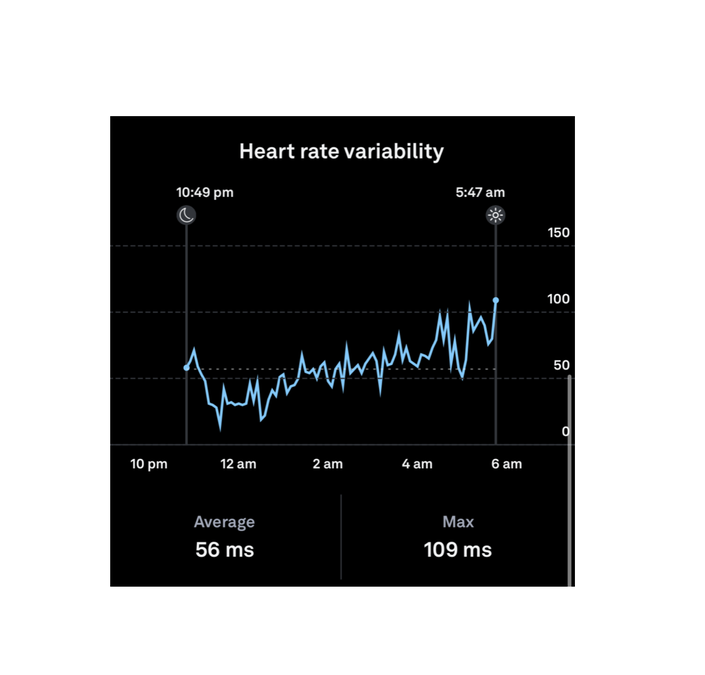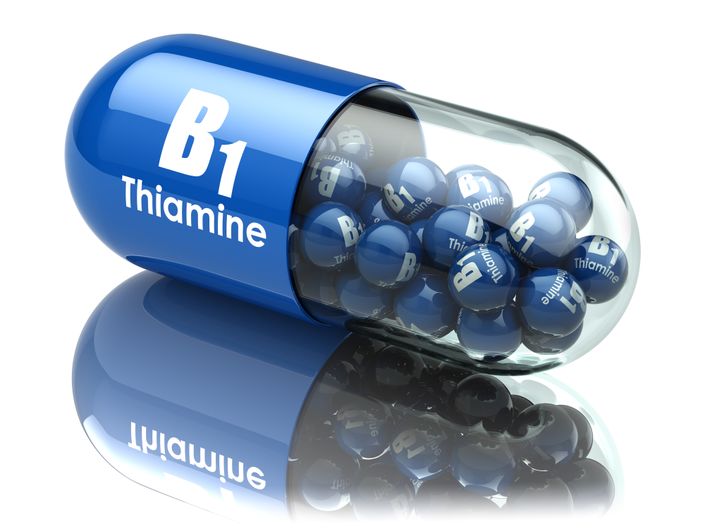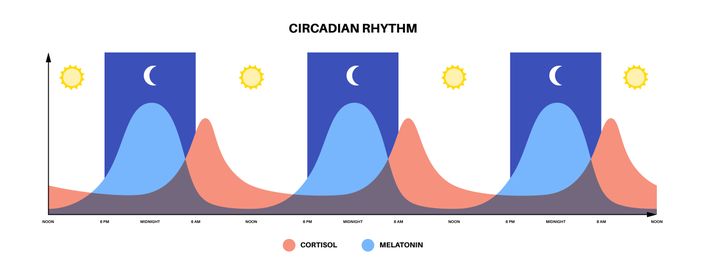
Understands (& Hacking)
the Vicious Cycle
In Parkinson’s disease (PD), disrupted sleep, anxiety, and apathy form a vicious cycle, each worsening the others through a combination of neurological, psychological, and physiological mechanisms.
This cycle is self-reinforcing, so interventions should target all three components simultaneously for the best outcomes.
Seminar Series
On the 28th of every month, Dr. Mischley gives an update on a pressing, relevant topic relevant to people living with Parkinson's.
Things she wants all her patients to know, but doesn't have time to cover in the routine clinic visit.
Join us live at 12pm PT, or watch the recorded session after.

Poor Sleep
Poor sleep reduces dopamine function, worsening motor and non-motor symptoms.
Sleep deprivation increases cortisol and stress hormones, predisposing the brain to anxiety.
Lack of restorative sleep impairs motivation, exacerbating apathy.

Anxiety
Anxiety further disrupts sleep (hyperarousal makes it hard to fall/stay asleep).
Chronic stress and worry reduce engagement in activities, fostering apathy.
Anxiety can also amplify motor symptoms like tremors and stiffness, adding to distress.

Apathy
Apathy leads to less physical and social activity, which worsens sleep quality.
The lack of engagement with life can lead to isolation, worsening anxiety.
Reduced activity further diminishes dopamine stimulation, exacerbating the cycle.
Example Curriculum
Example Featured Products
Showcase other available courses, bundles, and coaching products you’re selling with the Featured Products block to provide alternatives to visitors who may not be interested in this specific product.










